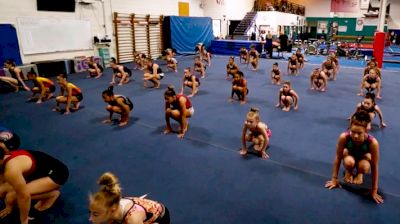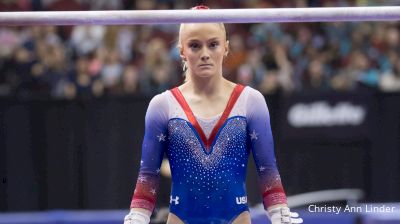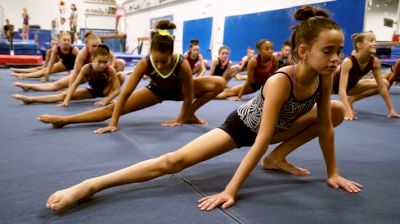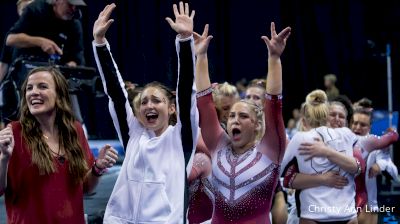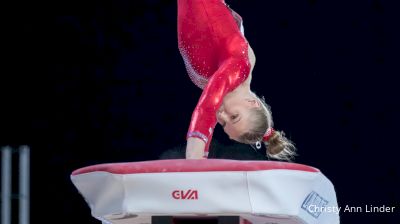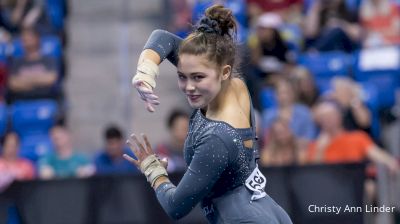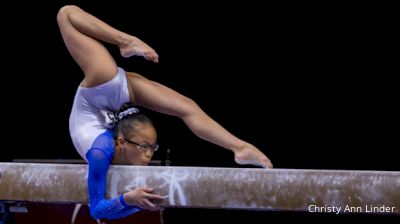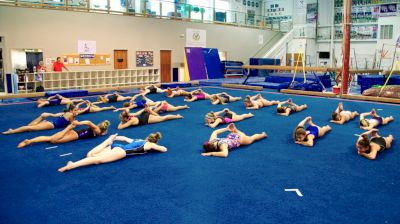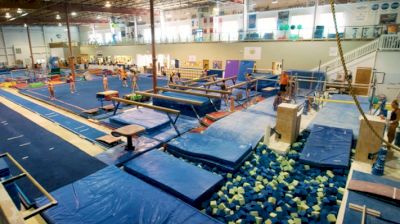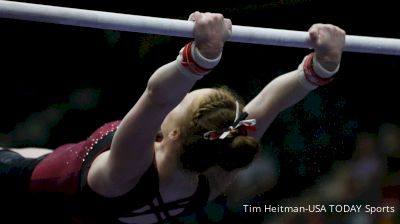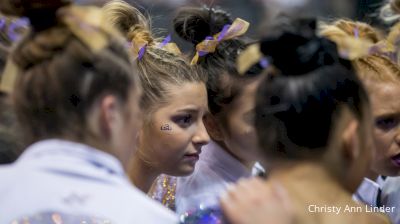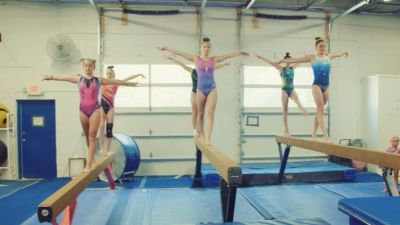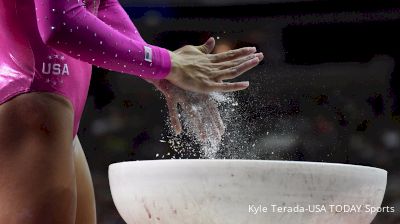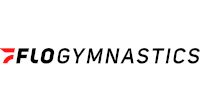
All FloGymnastics shows
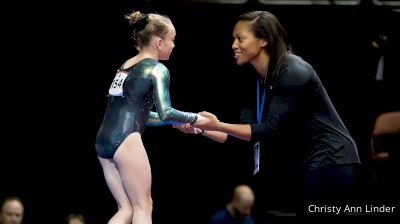
Tight Mind Monday: Strategies For Coaching Excellence Pt. 1
Sep 18, 2017
Raising The Bar: Strategies For Coaching Excellence – Part 1
Welcome back to Tight Mind Monday. We are starting off with a series I’m calling 'Raising the Bar: Strategies for Coaching Excellence.' There was a time where coaches were the kings and queens of their castle and kind of had an “anything goes as long as they perform” strategy. With the current culture of our world and sport, this type of coaching style just won’t fly. It’s time to raise the bar on professionalism in coaching, especially in ways we deal with athletes, parents, and other coaches.
Some people would say we have just gotten too comfortable. We express anger or criticize another coach in front of our athletes. We slam the door after a frustrating parent meeting. We criticize an athlete for missing practice for church, telling her that “we hope praying will get her the Level 9 skills she needs.” We roll our eyes about an athlete's performance and make a snide comment about it to a group of their teammates. Sometimes we cross the line because we are angry and have a lack of emotional control, sometimes our humor is hurtful, or sometimes we just repeat patterns we’ve learned from our parents, or mentors.
John Wooden said it best: “The coach must never forget that he is, first of all, a teacher.”
With everything we say and do it’s important we raise our standards. We must ask ourselves, “If a teacher made that comment, or did that behavior in the school setting, would that be tolerated? Would they still have a job or be let go?”
I think it’s time we get uncomfortable. It’s time we look at our standards of behavior and raise the bar. Let's draw a line in the sand and determine what is appropriate and inappropriate behavior for a coaching professional.
A good first thing to do is to remember why we started coaching in the first place. What are two words that describe your purpose in coaching. Is it to inspire confidence, create self-esteem, or develop discipline? These two words are your coaching purpose statement. They can serve as a litmus test to measure all your words and actions. If your purpose is one of service, then everything you do in the gym will reflect it.
Raising the bar takes discipline and commitment. It’s hard to stop yourself or change a behavior that could be misconstrued or misunderstood. But this is our calling today; we must take the integrity of our art to the next level.
In the next Tight Mind Monday, we will look at ego and how it gets in the way of raising the bar. We’ll examine how service and “coaching to give” is many times more purposeful than “coaching to get.”
Alison Arnold, Ph.D. has been a mental toughness consultant to USA Gymnastics since 1997. For more information on Doc Ali and her work, go to www.headgamesworld.com
